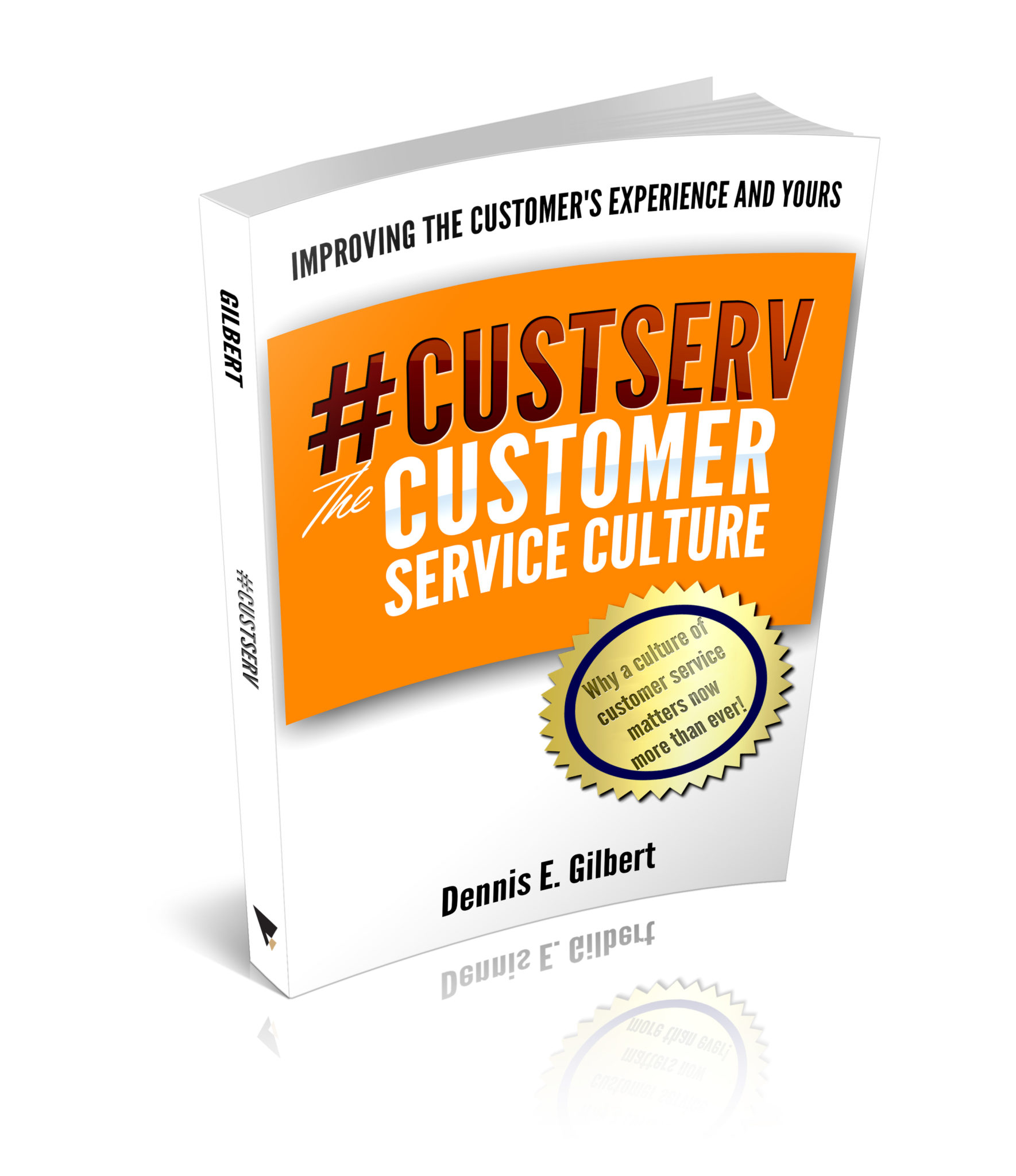
Is an Educational Illusion Stopping You?
It seems that there are always two sides. On one side people worry that they’re not enough and do nothing about it. And on the other, they never stop trying to prove their credibility. Are you suffering from an educational illusion?
It is quite simple really. People make decisions about the reasons why. They decide on the placement of blame.
Why you weren’t hired, promoted, or respected by peers. Many blame education, and throw their arms up in disgust, or are constantly enrolling in the next degree program.
Make no mistake that education matters. It matters a great deal and often, especially in an on-line World of “punched cards” coming up short can be problematic. If you can’t check the box, you’re not getting in.
A medical doctor isn’t going to be able to practice without the degree. A lawyer needs a degree and to pass the bar exam. Most university professors need a doctoral degree.
Educational Illusion
Outside of specific professions there is wiggle room. Some career opportunities, good paying ones, only require a high school diploma.
Which camp are you in?
Are you working hard, taking advantage of gaining experience while also exploring opportunities for additional education?
Or, perhaps you are working hard and have tried to explore advancement, yet have come up short? Are you convinced that the reason you didn’t advance was because of a lack of education?
In either case, additional credentials may not be the obstacle.
There are many cases where the advanced degree, the credential, the certificate, or the card punched is not the real obstacle.
Sometimes the real obstacle is a lack of persistence, determination, and courage.
Sometimes there is a difference between reality and where you place the blame.
-DEG
Dennis E. Gilbert is a business consultant, speaker (CSPTM), and culture expert. He is a five-time author and the founder of Appreciative Strategies, LLC. His business focuses on positive human performance improvement solutions through Appreciative Strategies®. Reach him through his website at Dennis-Gilbert.com or by calling +1 646.546.5553.














